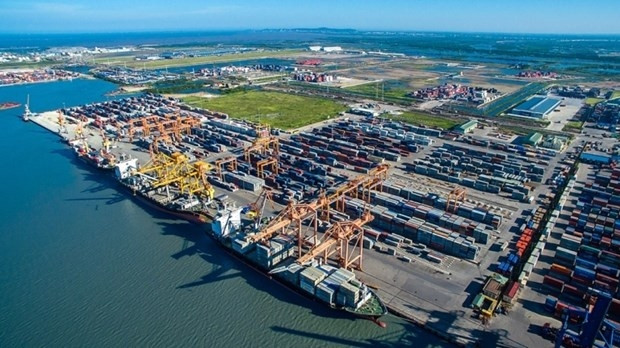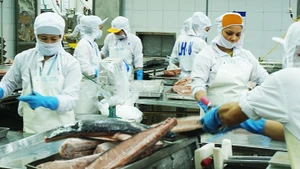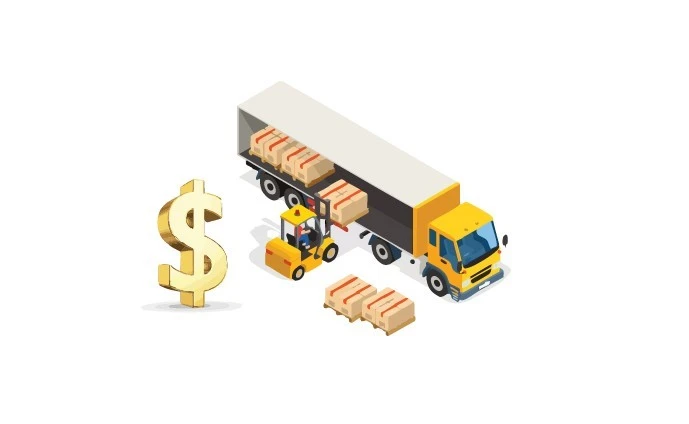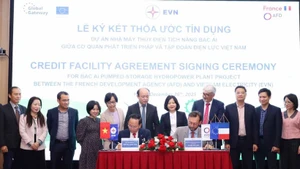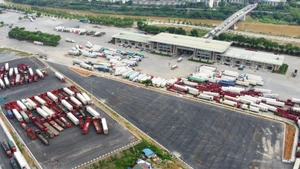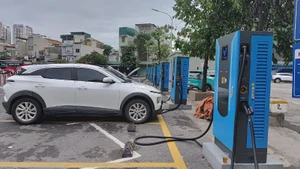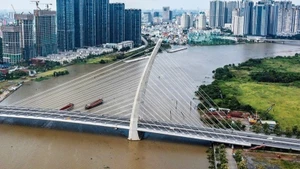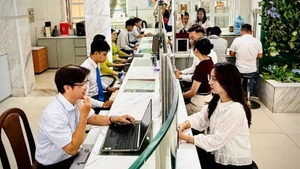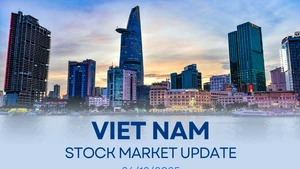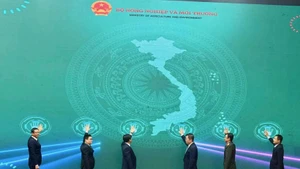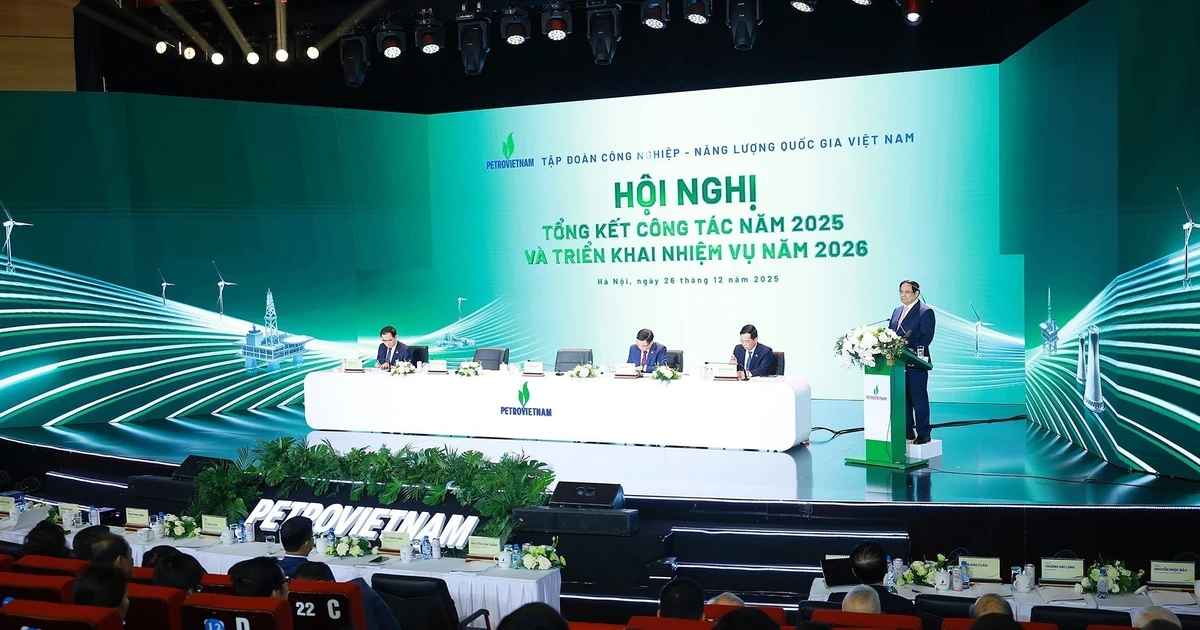Throughout the process of national defence, construction and development, our Party and State always attached special importance to the role of the sea. Accordingly, Resolution 09-NQ/TW on Vietnam’s maritime strategy towards 2020, was issued in 2007 in the fourth plenum of the 10th-tenure Party Central Committee.
Later, on October 22, 2018, the Party Central Committee in the 12th tenure issued Resolution No 36-NQ/TW on the strategy for the sustainable development of Vietnam’s marine economy to 2030 and vision to 2045, in which the overall goal by 2030 is to turn the country into a strong maritime nation.
Over the past four years, there have been many programmes and action plans to realise Resolution No. 36-NQ/TW. On March 05, 2020, the Government issued Resolution No. 26/NQ-CP on promulgating the Government’s overall plan and 5-year plan to implement Resolution No. 36-NQ/TW.
The implementation of the plans and programmes has brought about many encouraging results, contributing to raising public awareness about the position and role of the sea and islands in economic development and the protection of national sovereignty.
In addition, the national marine sovereignty has been well maintained, the marine search and rescue have been enhanced, international cooperation on the sea has been actively and comprehensively implemented, the infrastructure system at sea and island regions has been upgraded, and the livelihood of people in the coastal areas has been significantly improved.
The management, exploitation and use of marine resources, the adaption to climate change and sea level rise have also received further attention.
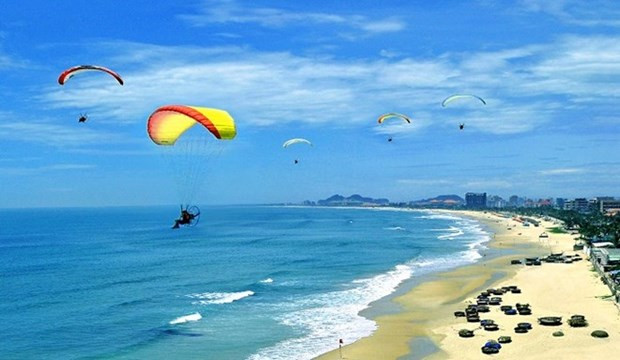
My Khe beach in Da Nang (Photo: VNA)
To date, Vietnam is home to 12 marine protected areas, with a total area of more than 206,000 hectares. The country has also participated in many regional and global forums on developing the ocean economy, combating marine plastic waste, and protecting ecosystems.
The sea plays a particularly crucial role in socio-economic development and national security as well. To turn Vietnam into a strong maritime nation, it is necessary to continue to perfect the legal corridor for sustainable development of the marine economy while promoting green growth mode, and increasing the productivity, quality and competitiveness of marine-based economic sectors.
Attention should be paid to reviewing, adjusting, and supplementing the sea planning, which must ensure the linkage and synchronisation among functional sectors and localities. It is needed to speed up investment in enhancing infrastructure in coastal economic zones, foster the research of the ocean and marine technology transfer, and develop pilot projects to access all sources of marine renewable energy.
In addition, coastal localities should develop marine protected areas in local outpost islands, engage the marine biodiversity conservation with marine sovereignty protection, encourage the participation of the whole society in the conservation of marine biodiversity and restoration of aquatic ecosystems, and properly handle the sources of marine and water pollution.
These localities also need to foster cooperation activities and partnerships with international partners and organisations to solve problems relating to sea and islands, marine resources and the environment, and at the same time actively and proactively participate in international cooperation mechanisms on seas and oceans.
